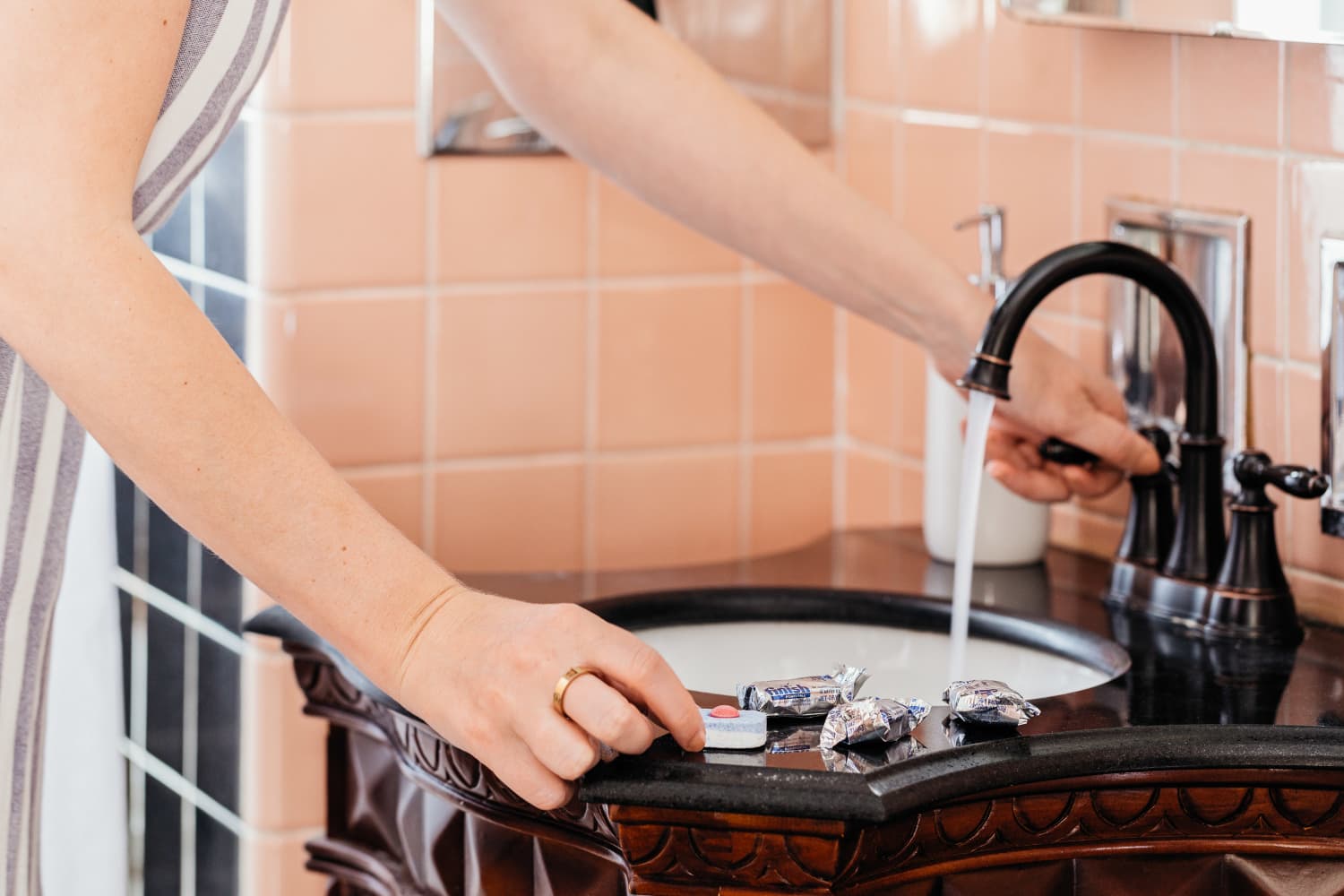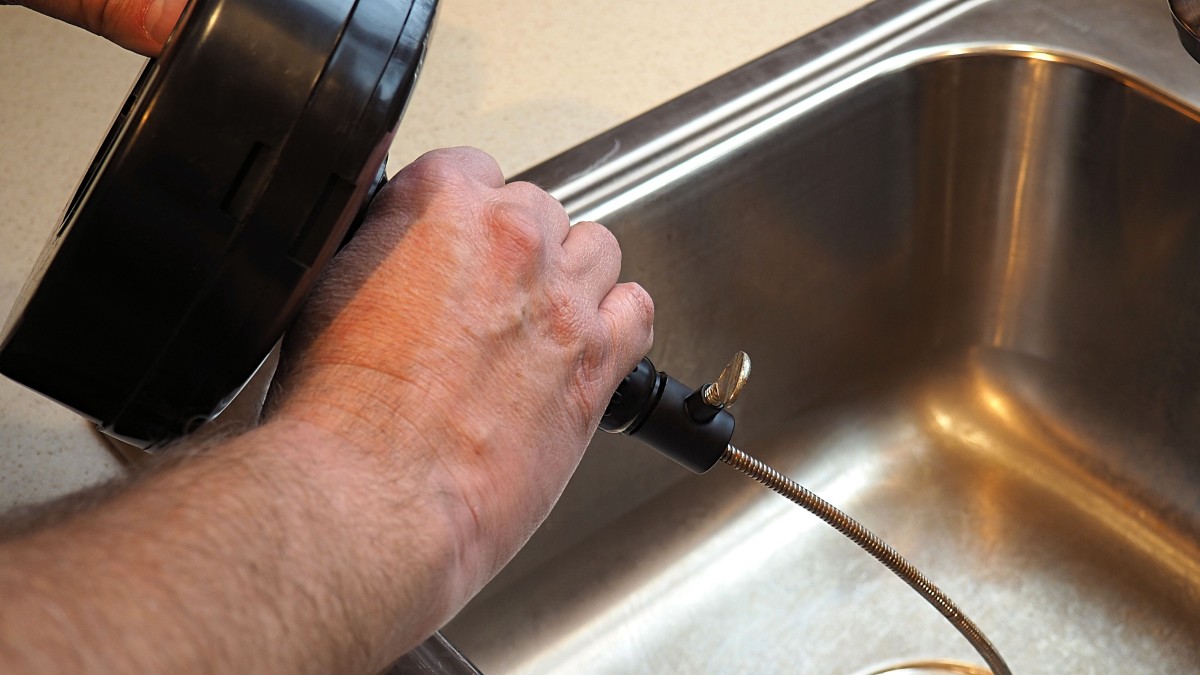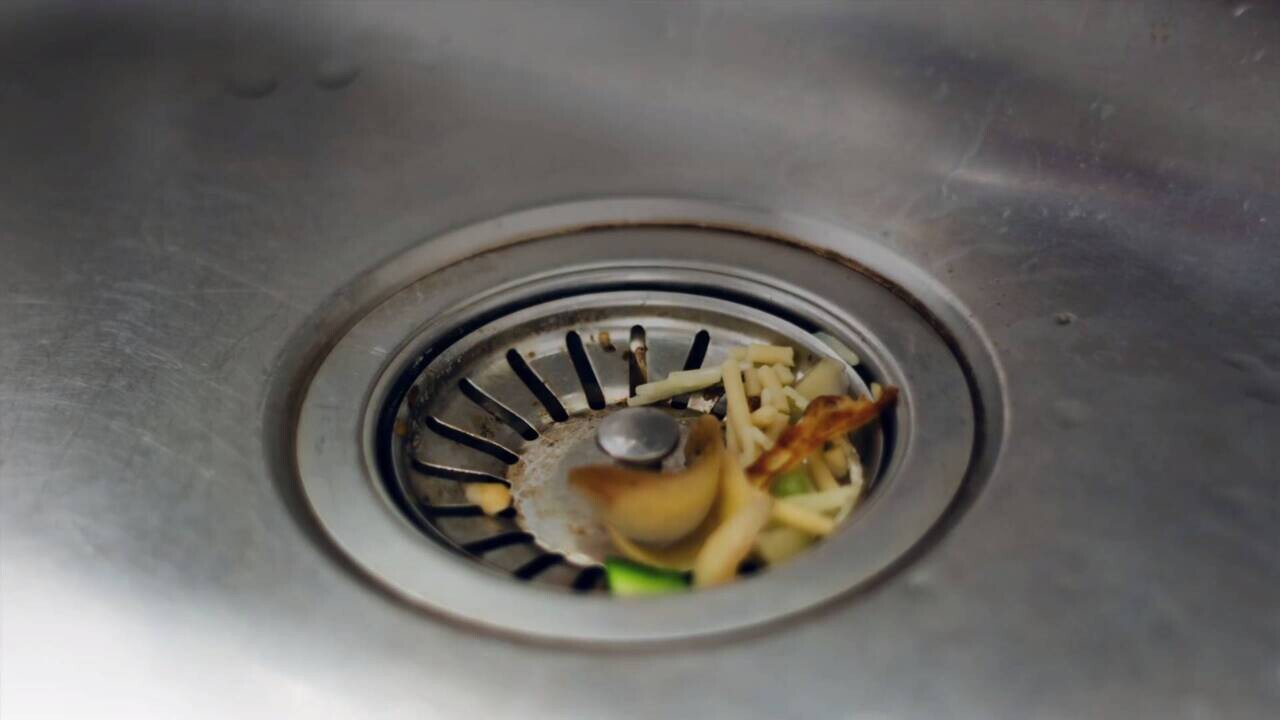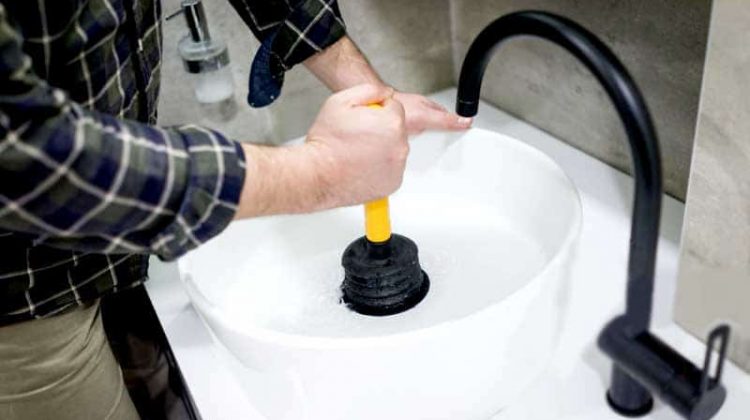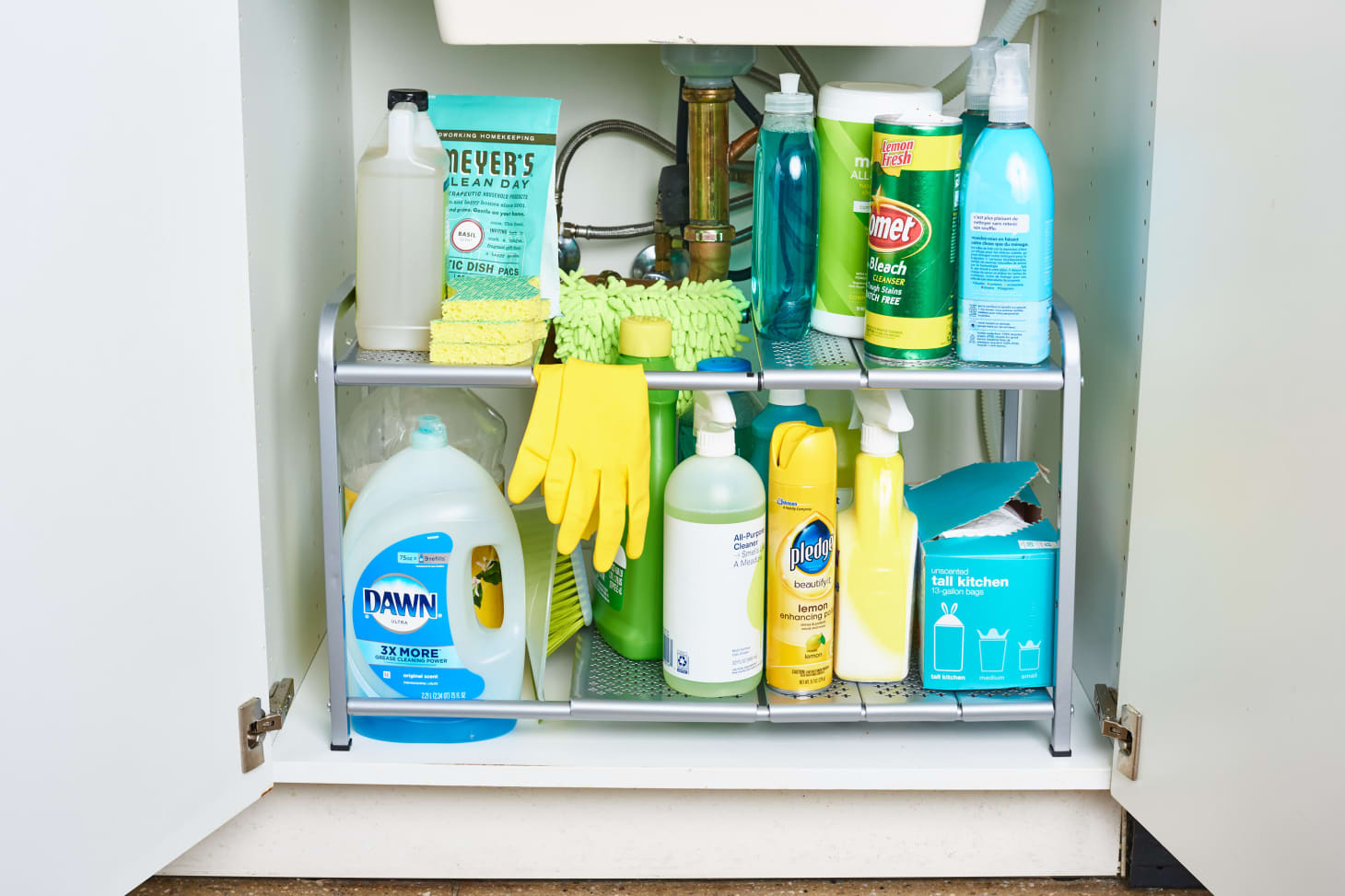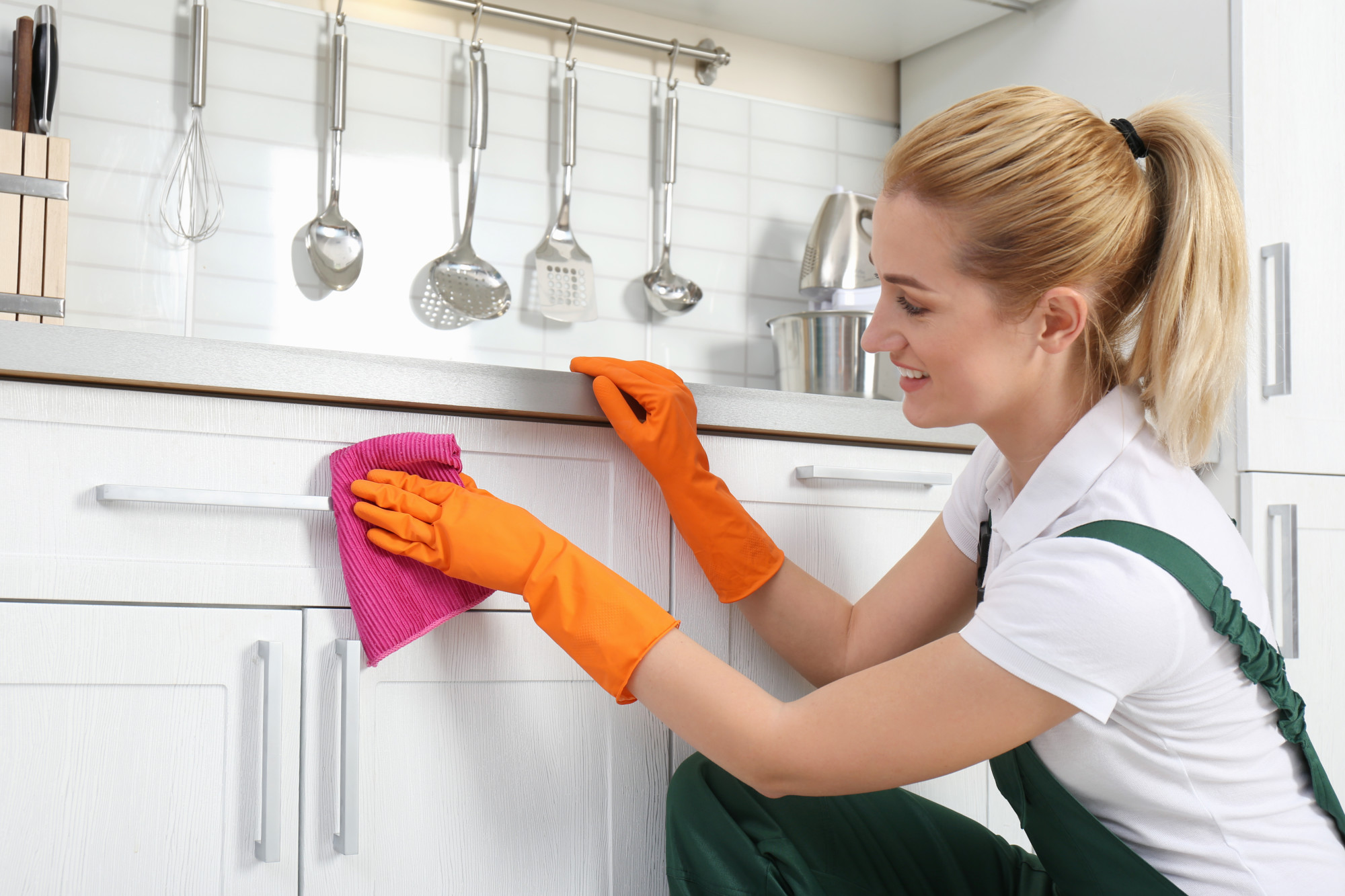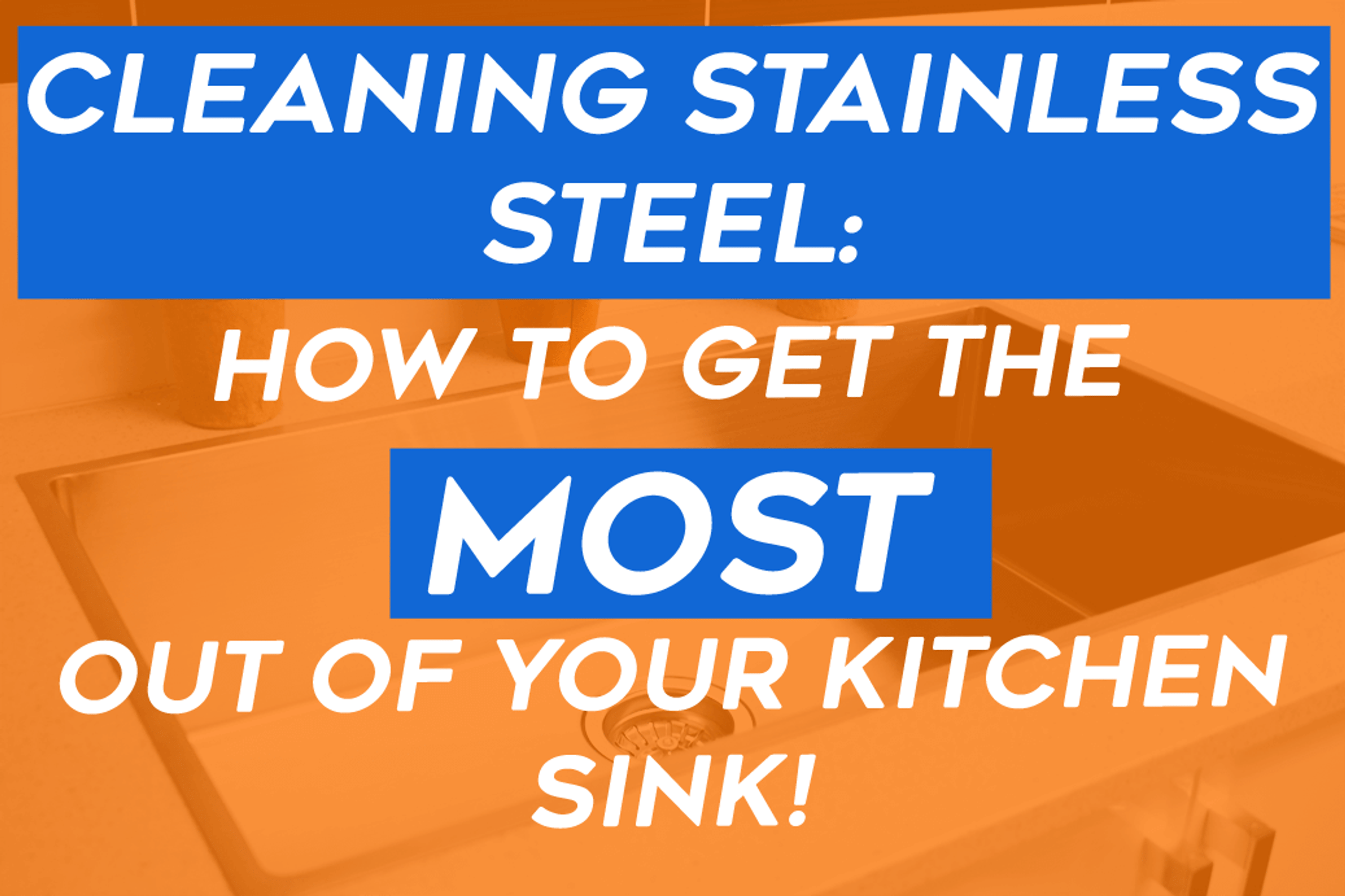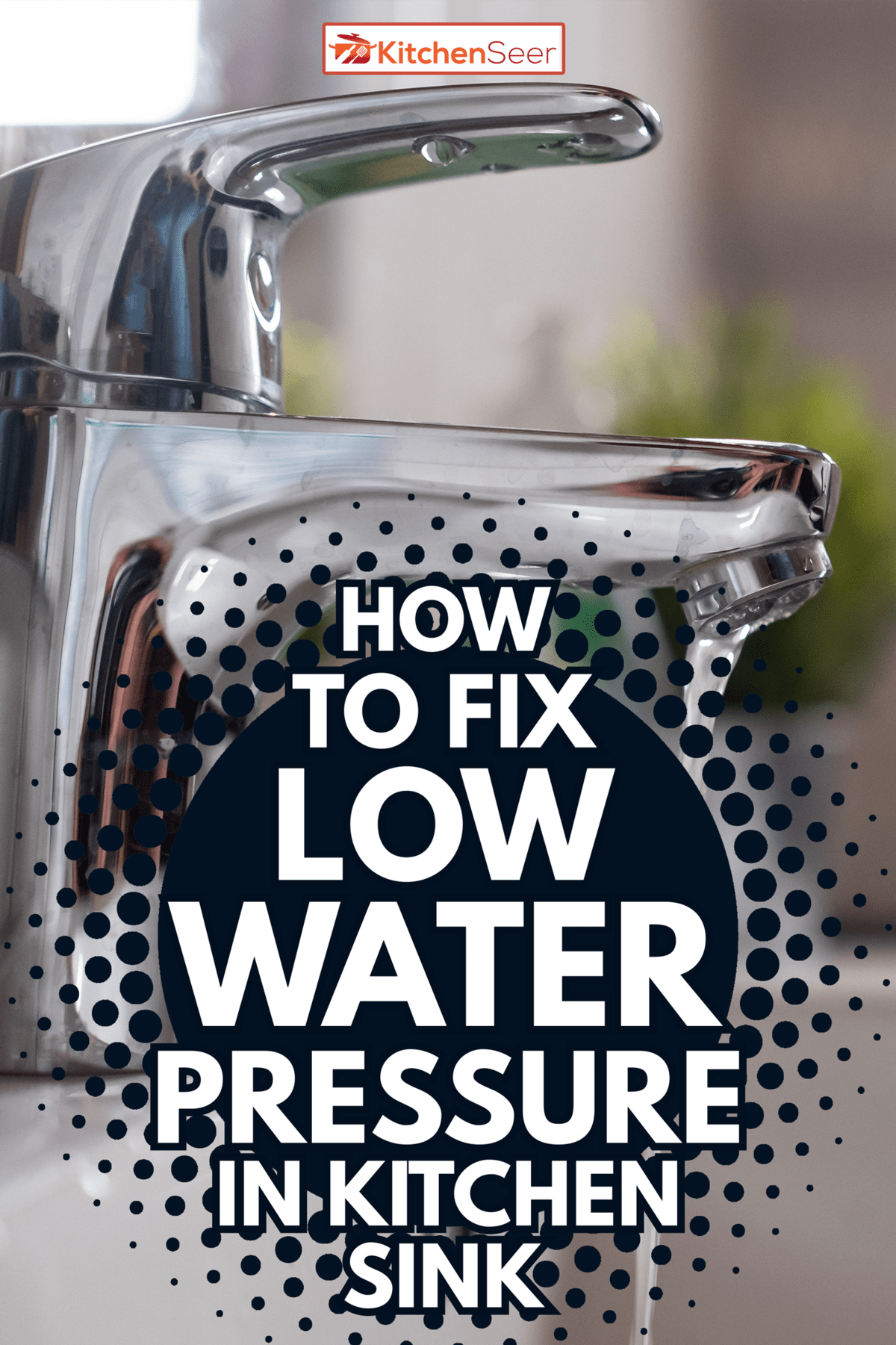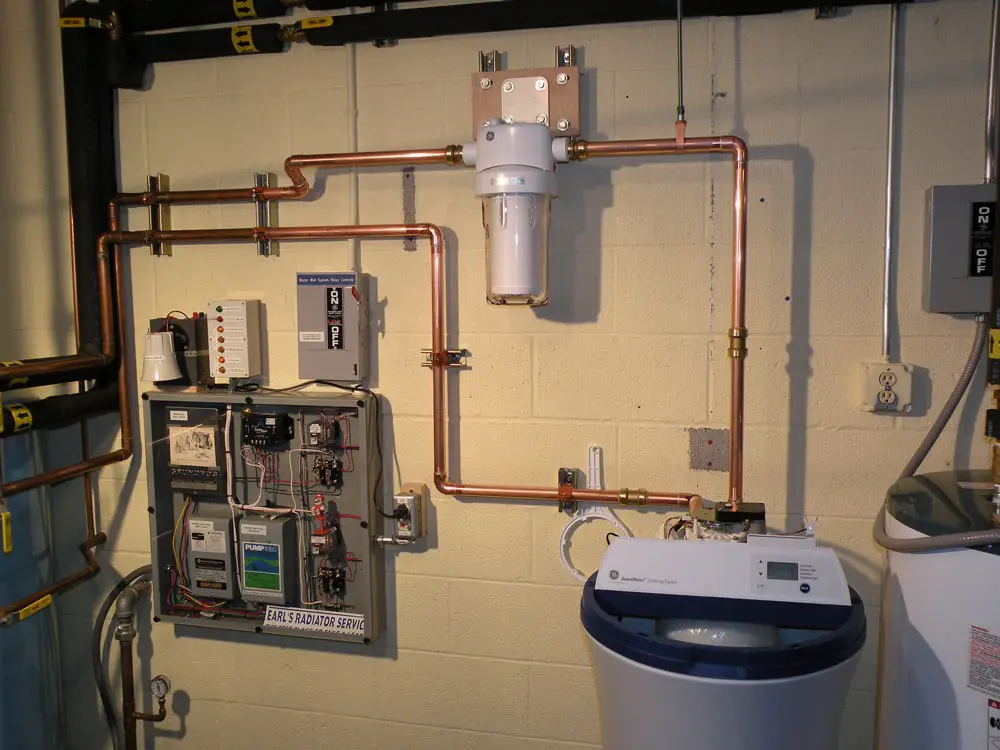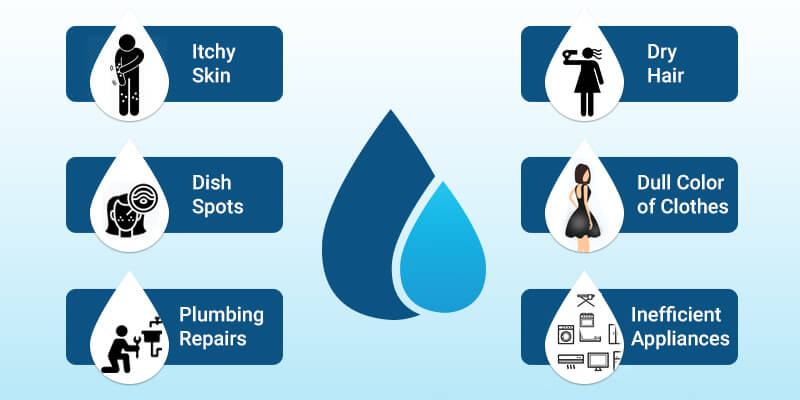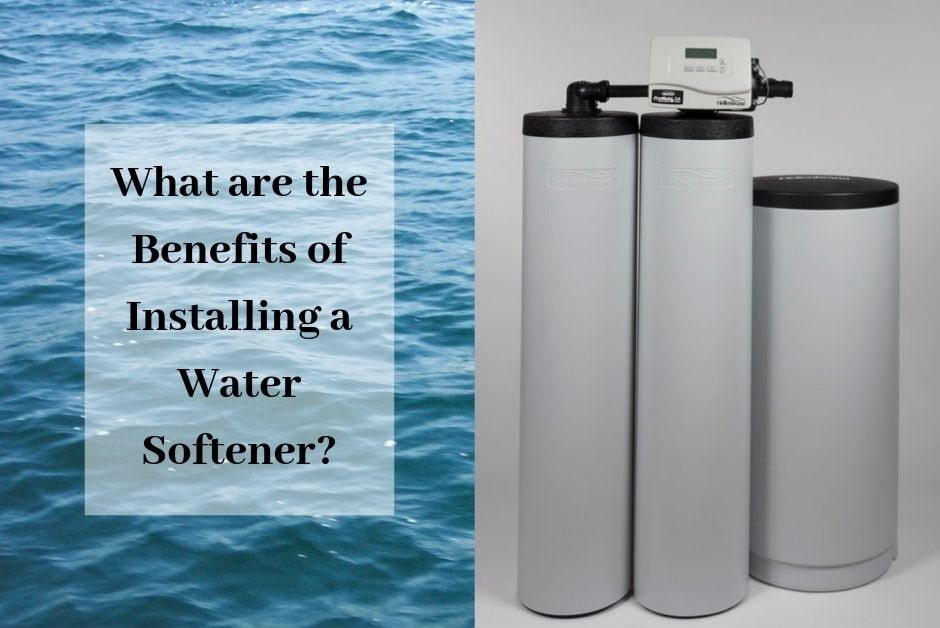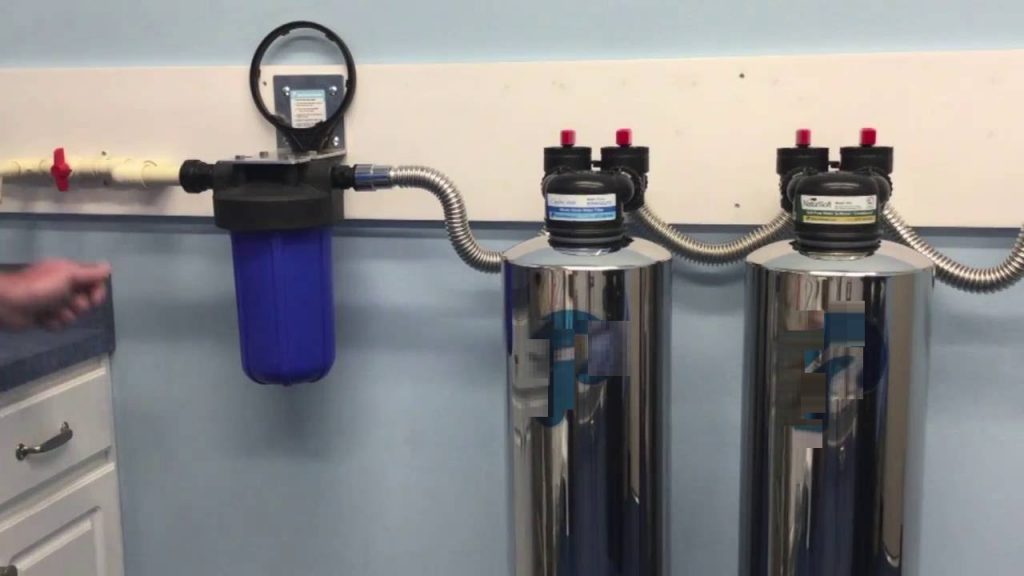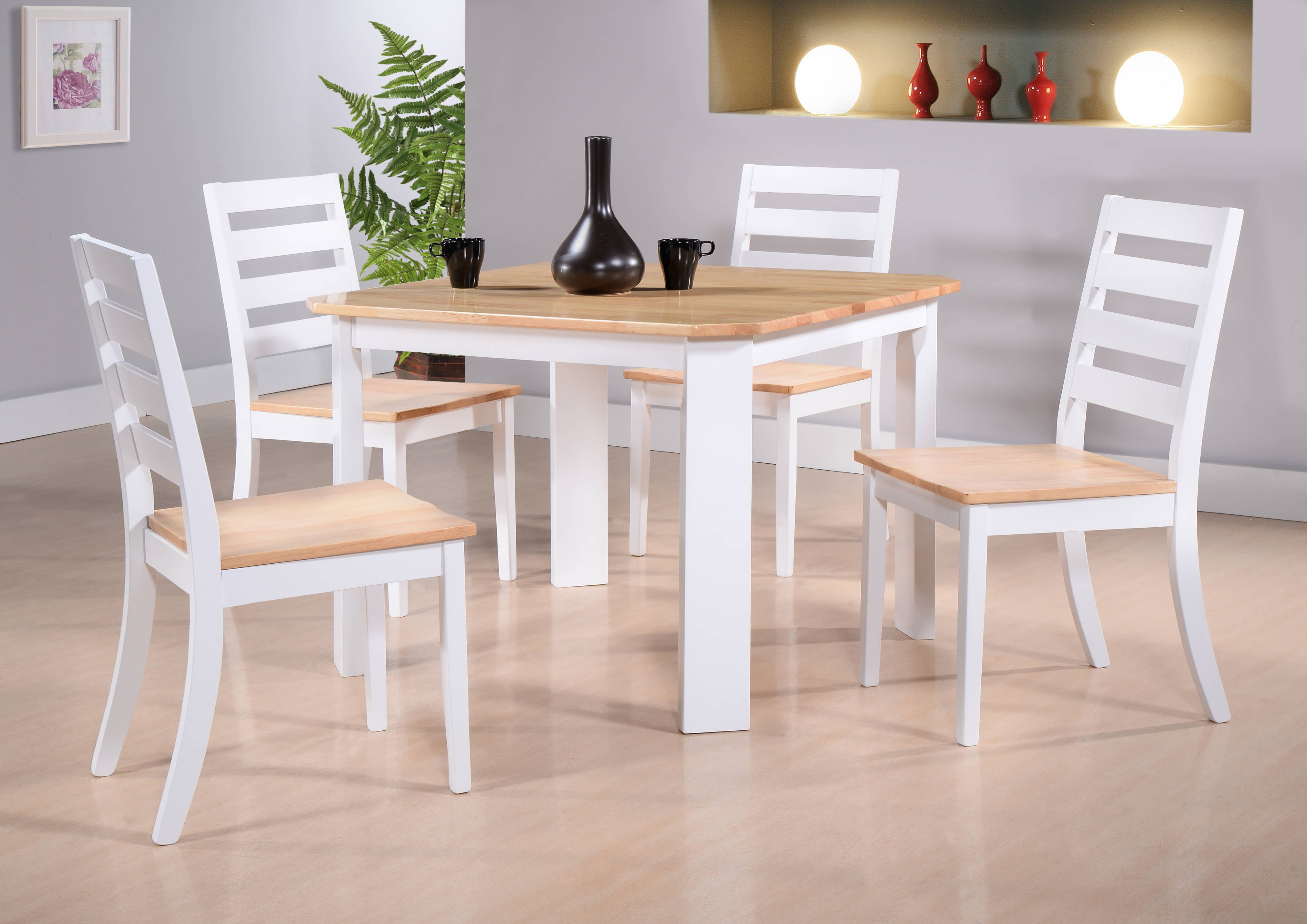1. How to Fix a Sputtering Kitchen Sink Faucet
If you've ever turned on your kitchen sink faucet and noticed the water sputtering out in an inconsistent stream, you know how frustrating it can be. Not only is it annoying to have to deal with, but it can also make simple tasks like washing dishes or filling up a pot take longer than necessary. Fortunately, there are some simple fixes you can try to get your faucet back to working properly.
Sputtering water in the kitchen sink can be caused by a variety of issues, including clogged aerators, low water pressure, or even a malfunctioning faucet. Before calling a plumber and spending unnecessary money, try these DIY solutions to fix the sputtering water in your kitchen sink.
2. Common Causes of Sputtering Water in Kitchen Sinks
One of the most common causes of sputtering water in kitchen sinks is a clogged aerator. An aerator is a small screen that is attached to the end of your faucet and helps regulate the flow of water. Over time, mineral deposits, debris, and other impurities can build up in the aerator, causing the water to sputter out instead of coming out in a smooth stream.
Another common cause of sputtering water is low water pressure. If your water pressure is too low, it can cause air pockets to form in the pipes, resulting in sputtering water when you turn on the faucet. Low water pressure can be caused by a variety of factors, such as a clogged pipe, a faulty pressure regulator, or even a problem with the main water supply line.
3. Troubleshooting Sputtering Water in Your Kitchen Sink
If you're experiencing sputtering water in your kitchen sink, there are a few simple troubleshooting steps you can take to try and fix the issue before calling a professional. The first step is to check the aerator on your faucet and clean it out if necessary. You can do this by unscrewing the aerator from the end of the faucet and rinsing it out with water to remove any built-up debris.
If cleaning the aerator doesn't solve the problem, the next step is to check the water pressure. You can do this by turning on another faucet in your home and seeing if it has the same issue. If the water pressure is low in all areas of your home, it may be a problem with the main water supply. In this case, you may need to contact your water provider to address the issue.
4. How to Clean a Clogged Kitchen Sink Sprayer
In some cases, the sputtering water in your kitchen sink may be caused by a clogged sprayer. If you have a separate sprayer attached to your faucet, it's possible that debris or mineral deposits have built up inside, causing the water to sputter out. To clean the sprayer, unscrew it from the hose and soak it in a mixture of warm water and vinegar for about 15 minutes. After soaking, rinse it off and reattach it to the hose.
5. DIY Solutions for Sputtering Water in Your Kitchen Sink
If the above troubleshooting steps don't solve the problem, there are a few DIY solutions you can try to fix the sputtering water in your kitchen sink. One solution is to check the water pressure regulator, which is usually located on the main water line near your home's water meter. If this regulator is faulty, it can cause low water pressure and sputtering water in your sink. You can try adjusting the regulator yourself or call a professional for assistance.
Another solution is to install a water filter or water softener for your kitchen sink. These devices can help remove impurities and minerals from your water, preventing them from building up in your faucet and causing sputtering water. While this may be a more expensive option, it can help prevent future issues and improve the overall quality of your water.
6. Understanding the Water Pressure in Your Kitchen Sink
Water pressure plays a crucial role in the functioning of your kitchen sink faucet. If the pressure is too high, it can cause the water to sputter out in a forceful stream. If it's too low, it can result in air pockets forming and causing sputtering water. It's important to regularly check the water pressure in your home and address any issues that may arise to prevent problems with your kitchen sink faucet.
In some cases, you may need to adjust the water pressure regulator or call a plumber to do so. It's also important to regularly clean out your faucet aerator to prevent buildup and maintain proper water pressure.
7. How to Unclog a Kitchen Sink Drain
In addition to sputtering water, you may also experience a clogged kitchen sink drain. This can be caused by a buildup of food particles, grease, and other debris. To unclog your sink drain, start by pouring boiling water down the drain to help loosen and dissolve any buildup. You can also try using a plunger or a homemade mixture of baking soda and vinegar to help break up the clog.
If these methods don't work, you may need to use a drain snake or call a professional plumber to help clear the clog.
8. The Importance of Regularly Cleaning Your Kitchen Sink
Regularly cleaning your kitchen sink is not only important for hygiene purposes, but it can also help prevent sputtering water. When food particles and other debris build up in your sink, they can easily get into the faucet and cause clogs and low water pressure. By keeping your sink clean and free of debris, you can help maintain proper water flow and prevent issues with your faucet.
Make sure to also clean out your faucet aerator and sprayer regularly to prevent buildup that can cause sputtering water.
9. How to Fix Low Water Pressure in Your Kitchen Sink
If you've tried all of the above solutions and are still experiencing sputtering water in your kitchen sink, it may be a sign of a larger issue with your plumbing system. In this case, it's best to call a professional plumber to assess the problem and make any necessary repairs. Low water pressure can be caused by a variety of issues, such as a clogged pipe, a faulty pressure regulator, or a problem with the main water supply line.
A plumber will be able to diagnose and fix the issue, ensuring that your kitchen sink faucet is working properly and providing you with a consistent stream of water.
10. The Benefits of Installing a Water Softener for Your Kitchen Sink
If you live in an area with hard water, installing a water softener for your kitchen sink can provide numerous benefits. Hard water contains high levels of minerals such as calcium and magnesium, which can build up in your faucet and cause sputtering water. By using a water softener, these minerals are removed from the water, preventing them from causing issues with your faucet and improving the overall quality of your water.
A water softener can also help extend the lifespan of your kitchen sink faucet by preventing mineral buildup and corrosion. It can also improve the efficiency of your appliances and reduce the amount of soap and detergent needed for cleaning.
In conclusion, sputtering water in your kitchen sink can be a frustrating issue to deal with, but it's often easily fixable with some simple troubleshooting and DIY solutions. By regularly cleaning your sink, checking the water pressure, and addressing any issues that arise, you can keep your kitchen sink faucet working properly and providing you with a steady stream of water for all your daily tasks. If the problem persists, don't hesitate to call a professional plumber for assistance.
The Importance of Properly Designed Kitchen Sinks
:max_bytes(150000):strip_icc()/water-overflowing-in-kitchen-sink-200553937-001-5797e6335f9b58461f5a6736.jpg)
Why You Should Pay Attention to Your Kitchen Sink Design
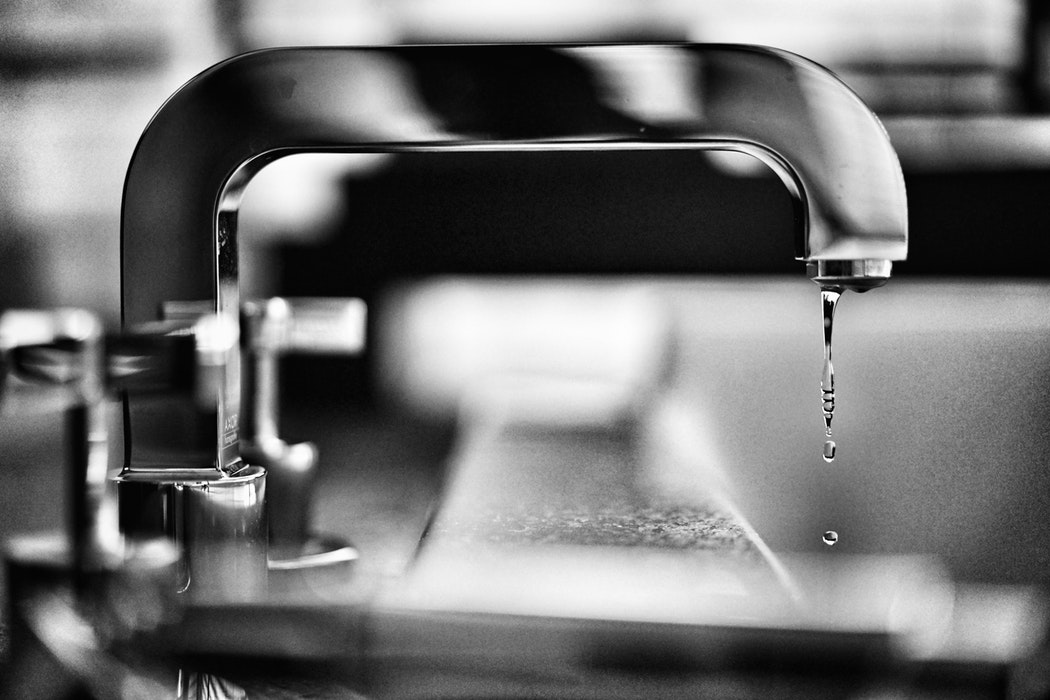 When it comes to designing a house, the kitchen is often considered the heart of the home. It is where families gather to cook and eat meals, where friends congregate during parties, and where memories are made. As such, it is crucial to have a well-designed kitchen that is both functional and aesthetically pleasing. However, one aspect of kitchen design that is often overlooked is the kitchen sink. Many people simply see it as a utilitarian fixture and don't give much thought to its design. But the truth is, a properly designed kitchen sink can make a significant difference in the overall functionality and style of your kitchen.
Kitchen sink water sputtering
is a common issue that can be avoided with the right design choices.
When it comes to designing a house, the kitchen is often considered the heart of the home. It is where families gather to cook and eat meals, where friends congregate during parties, and where memories are made. As such, it is crucial to have a well-designed kitchen that is both functional and aesthetically pleasing. However, one aspect of kitchen design that is often overlooked is the kitchen sink. Many people simply see it as a utilitarian fixture and don't give much thought to its design. But the truth is, a properly designed kitchen sink can make a significant difference in the overall functionality and style of your kitchen.
Kitchen sink water sputtering
is a common issue that can be avoided with the right design choices.
How a Well-Designed Kitchen Sink Can Prevent Water Sputtering
 One of the main reasons for
kitchen sink water sputtering
is improper drainage. When the sink is not designed correctly, water can pool and become stagnant, leading to sputtering when the faucet is turned on. This can be not only annoying but also unhygienic. A well-designed sink will have the right slope and depth to ensure proper drainage, preventing water from collecting and causing sputtering. Additionally, the type of faucet and its placement can also contribute to water sputtering. A professional kitchen designer can help you choose the right faucet and position it correctly to minimize the chances of sputtering.
One of the main reasons for
kitchen sink water sputtering
is improper drainage. When the sink is not designed correctly, water can pool and become stagnant, leading to sputtering when the faucet is turned on. This can be not only annoying but also unhygienic. A well-designed sink will have the right slope and depth to ensure proper drainage, preventing water from collecting and causing sputtering. Additionally, the type of faucet and its placement can also contribute to water sputtering. A professional kitchen designer can help you choose the right faucet and position it correctly to minimize the chances of sputtering.
The Aesthetic Impact of a Well-Designed Kitchen Sink
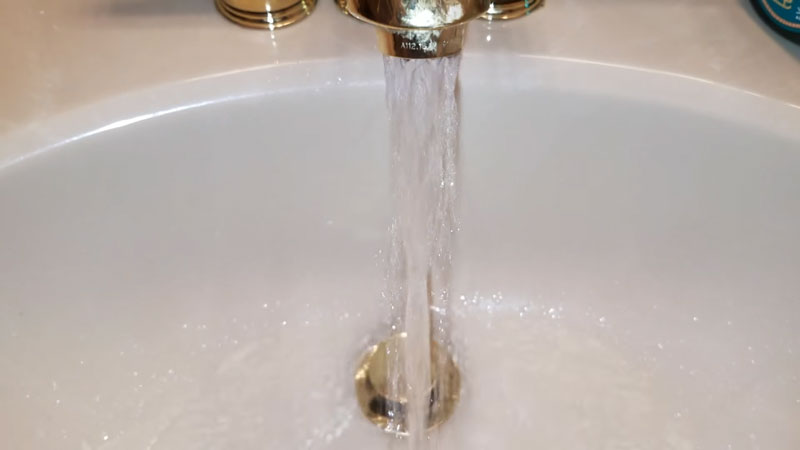 Aside from functionality, a well-designed kitchen sink also adds to the overall aesthetic of your kitchen. It is often a focal point and can make a significant impact on the overall design. A modern, sleek sink can elevate the look of a contemporary kitchen, while a farmhouse-style sink can add a charming touch to a rustic kitchen. The material and color of the sink can also make a difference in the overall design. For example, a stainless steel sink can give a kitchen a sleek, industrial look, while a white porcelain sink can add a touch of elegance.
In conclusion, a properly designed kitchen sink is an essential element of any well-designed kitchen. It not only prevents
kitchen sink water sputtering
, but it also adds to the functionality and aesthetic of the space. When designing your kitchen, be sure to pay attention to the design of your sink and consult with a professional if needed. With the right design choices, your kitchen sink can be a functional and beautiful addition to your home.
Aside from functionality, a well-designed kitchen sink also adds to the overall aesthetic of your kitchen. It is often a focal point and can make a significant impact on the overall design. A modern, sleek sink can elevate the look of a contemporary kitchen, while a farmhouse-style sink can add a charming touch to a rustic kitchen. The material and color of the sink can also make a difference in the overall design. For example, a stainless steel sink can give a kitchen a sleek, industrial look, while a white porcelain sink can add a touch of elegance.
In conclusion, a properly designed kitchen sink is an essential element of any well-designed kitchen. It not only prevents
kitchen sink water sputtering
, but it also adds to the functionality and aesthetic of the space. When designing your kitchen, be sure to pay attention to the design of your sink and consult with a professional if needed. With the right design choices, your kitchen sink can be a functional and beautiful addition to your home.




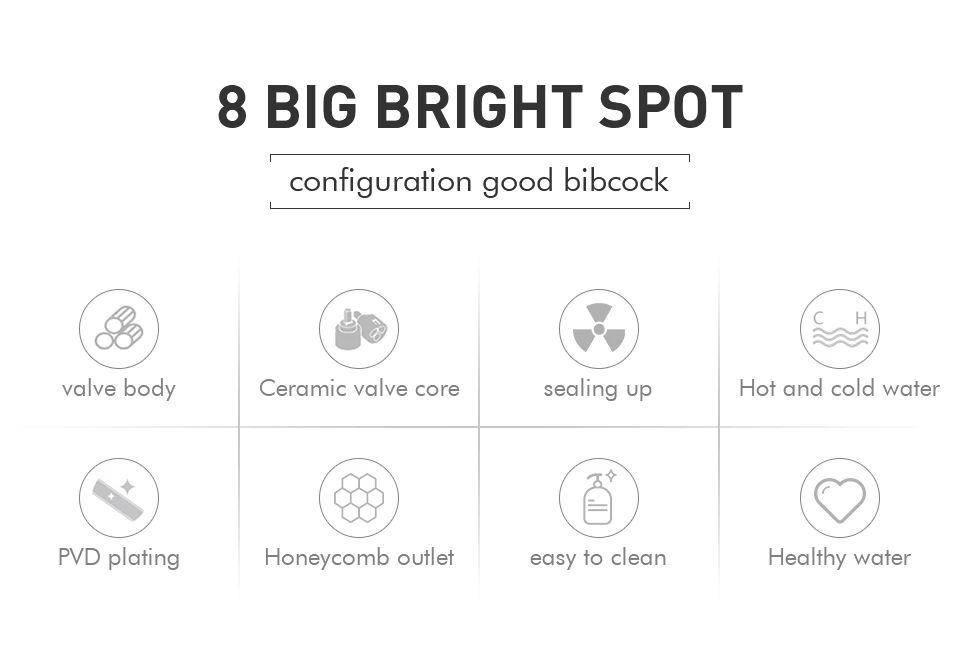



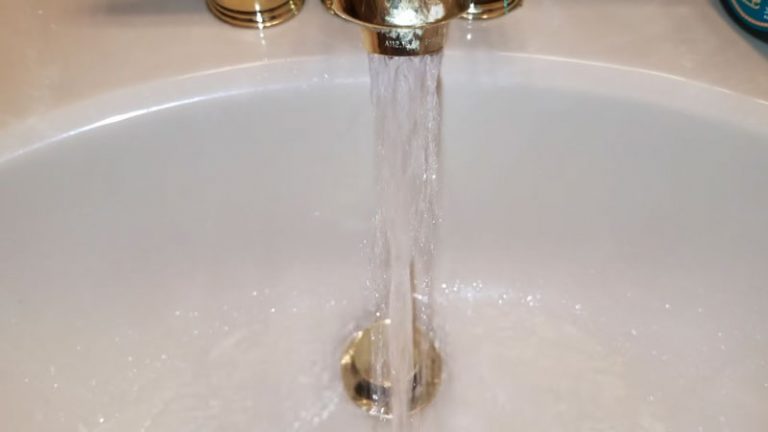
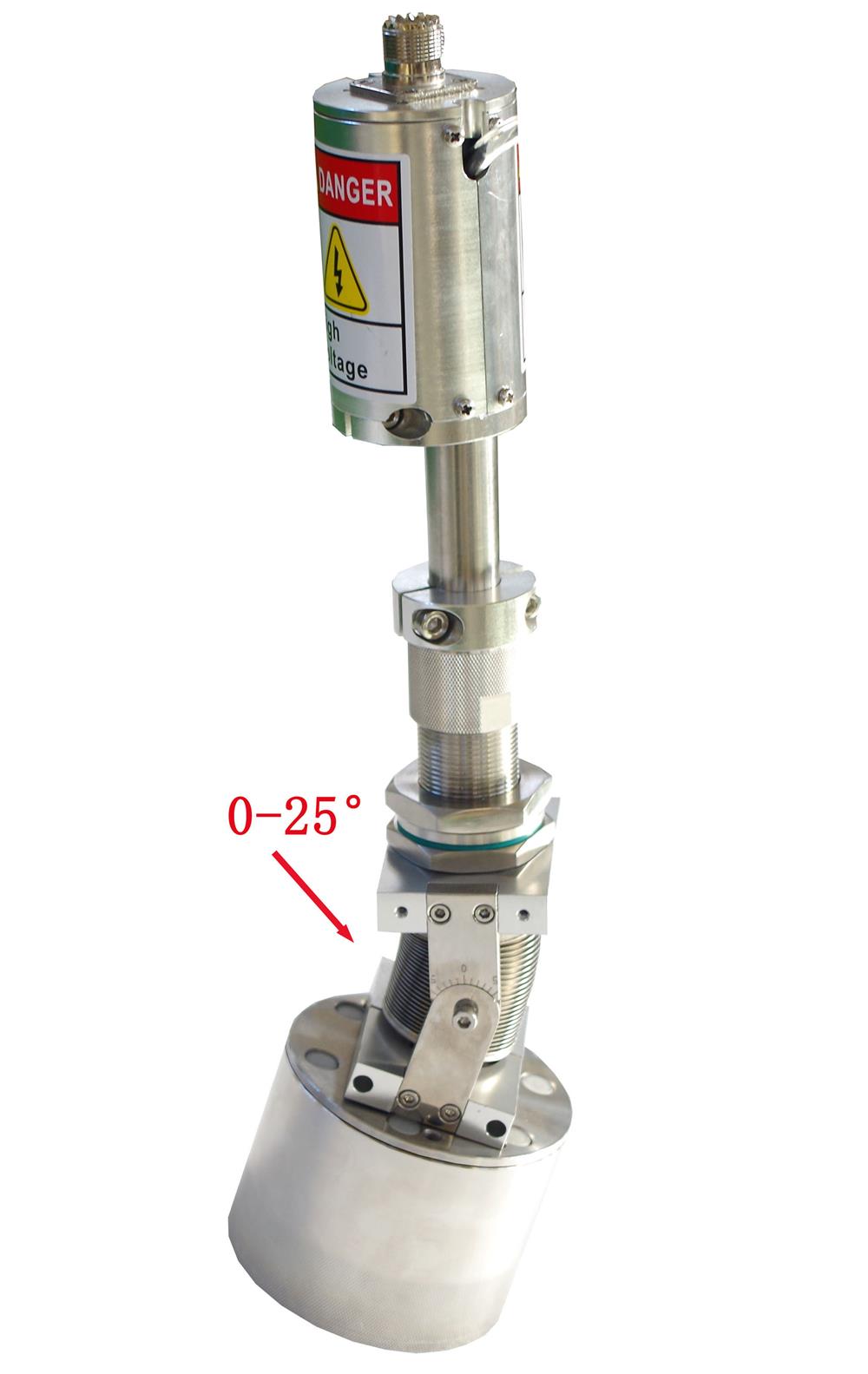





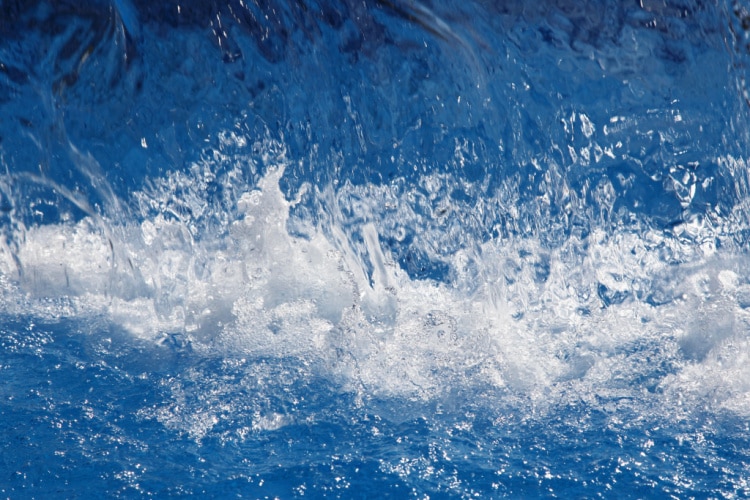

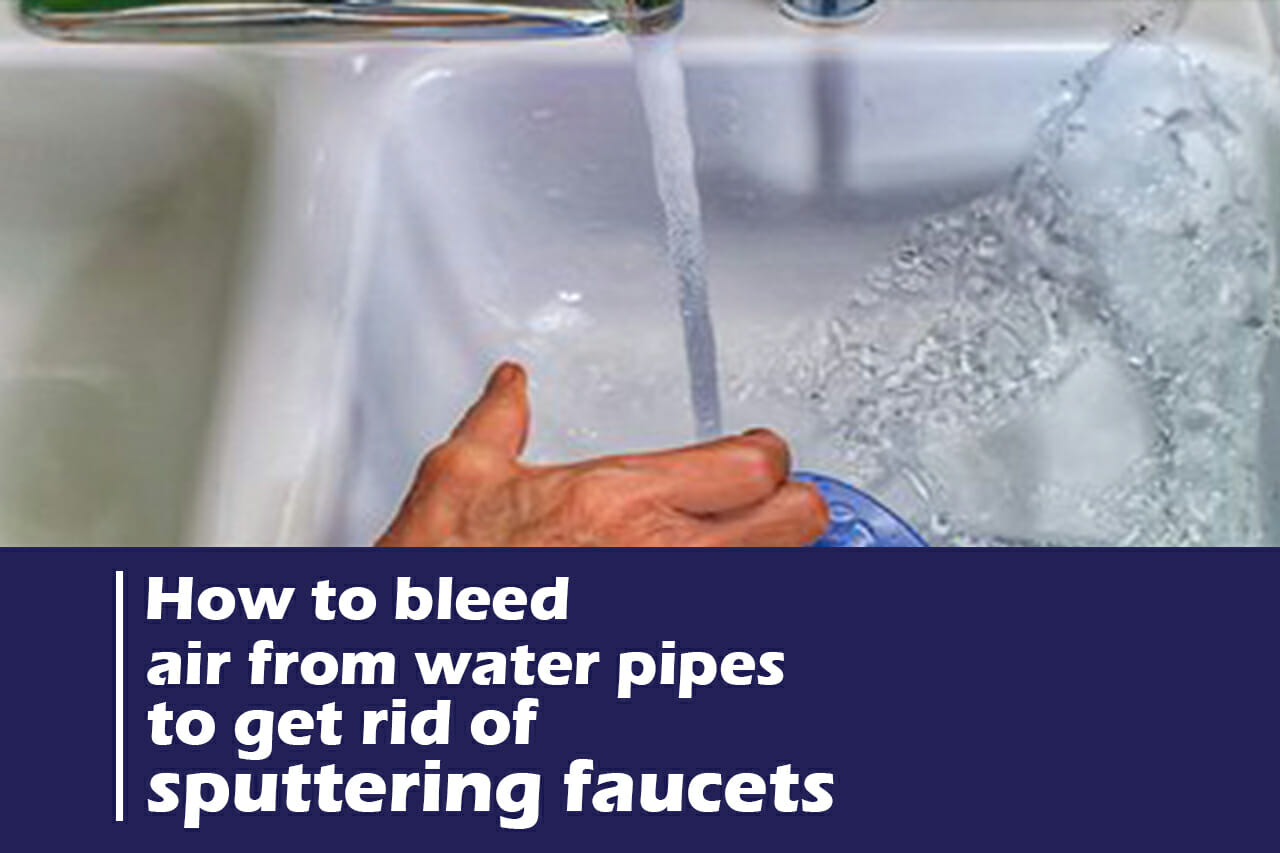







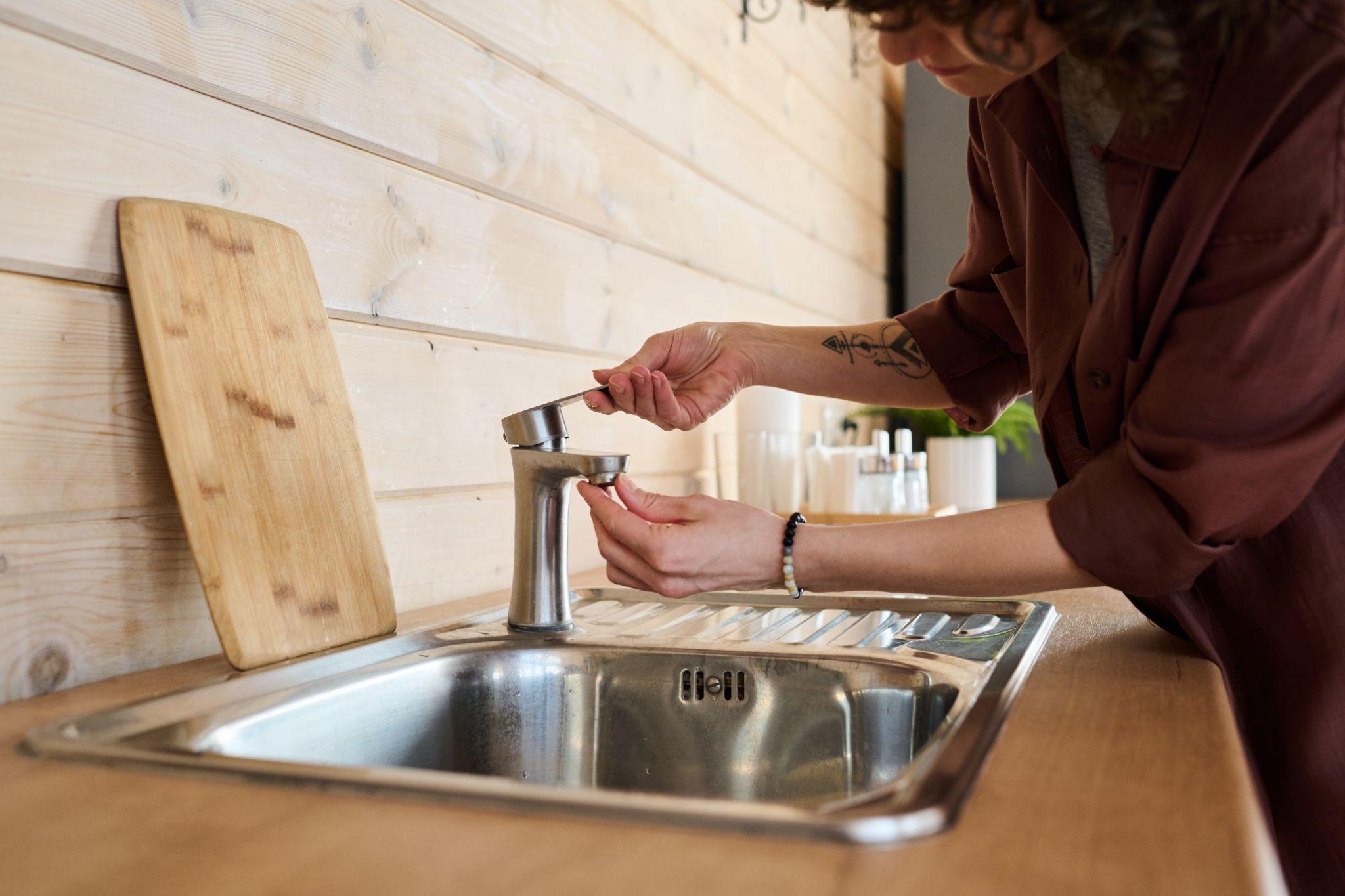

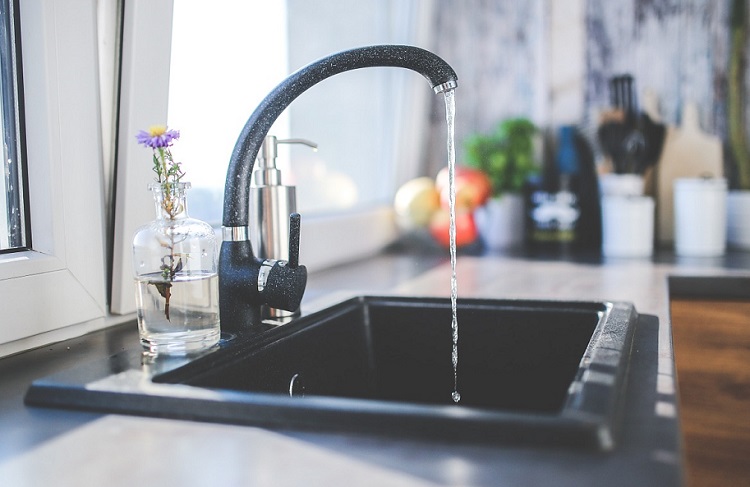



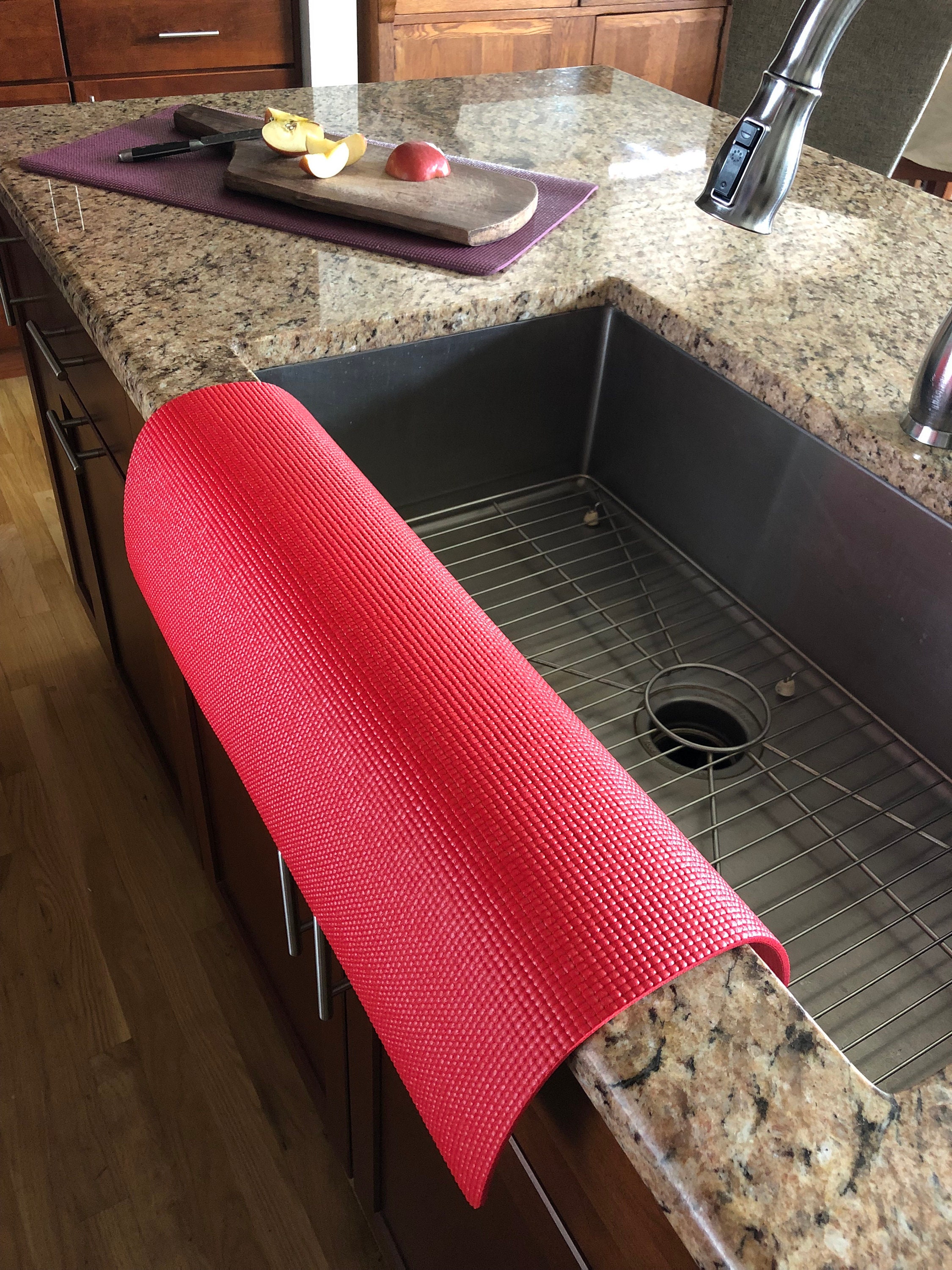
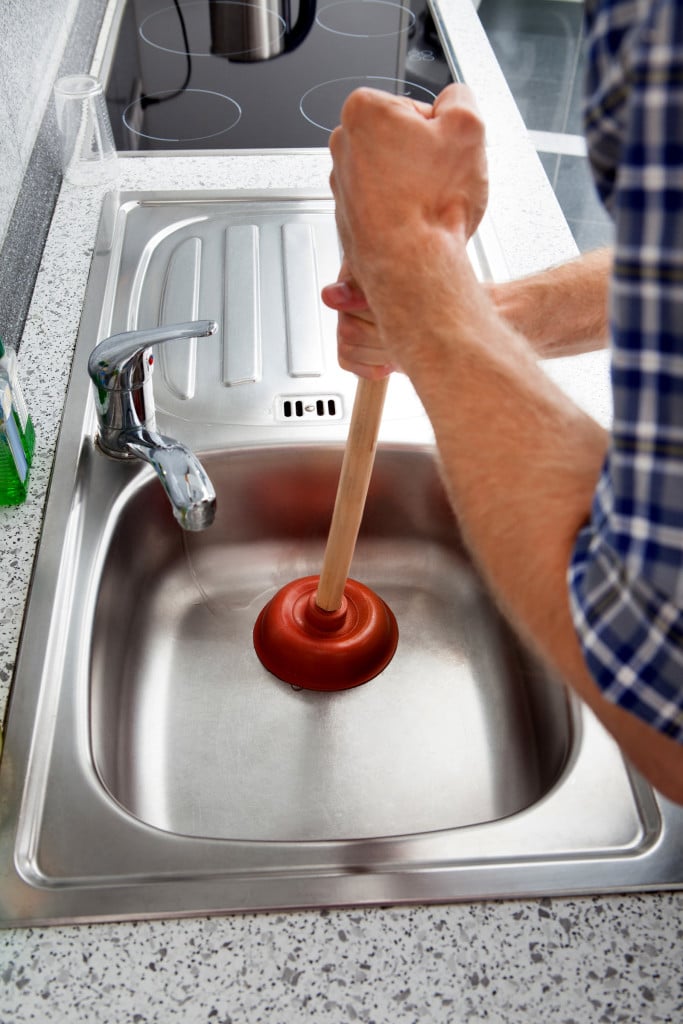

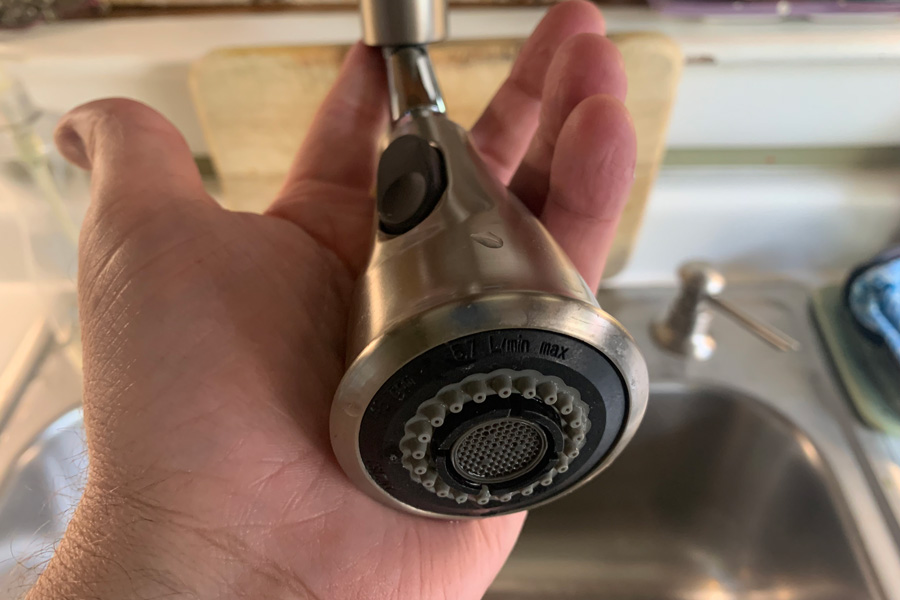




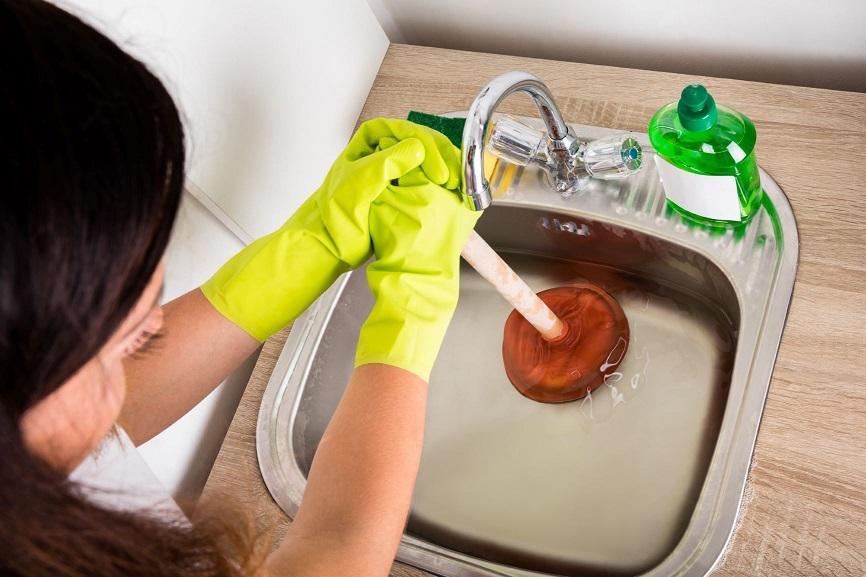





:max_bytes(150000):strip_icc()/Basic-kitchen-sink-types-1821207_color_rev-0b539306b9ef4236a136624ad2a89a4c.jpg)
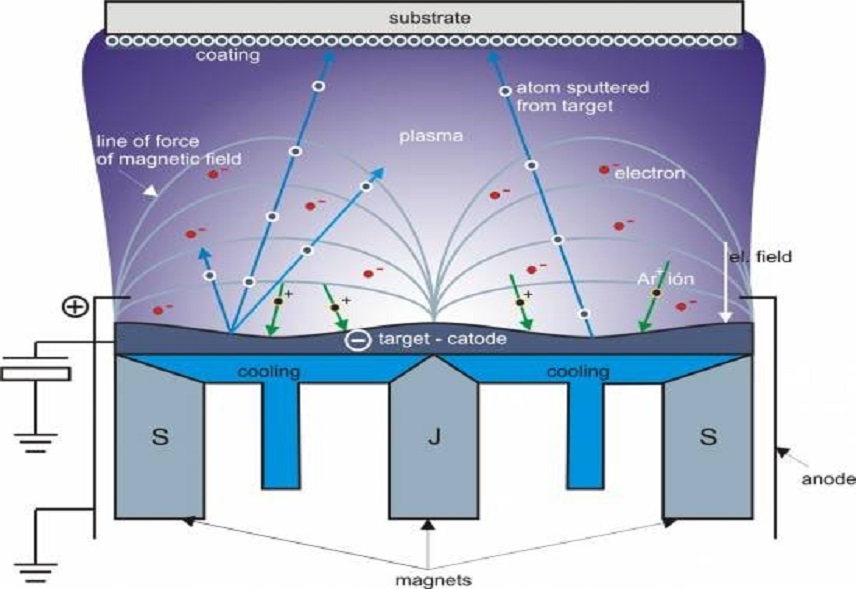



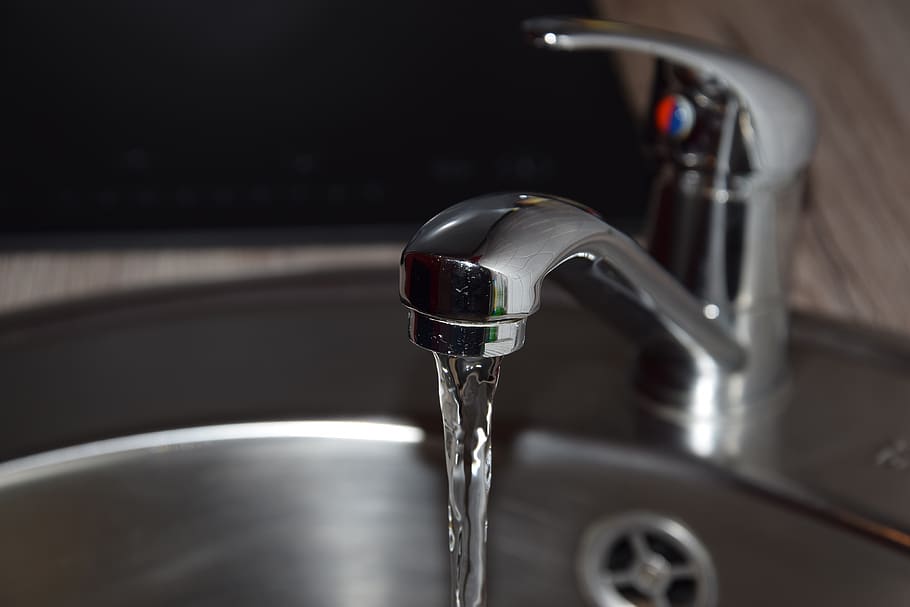
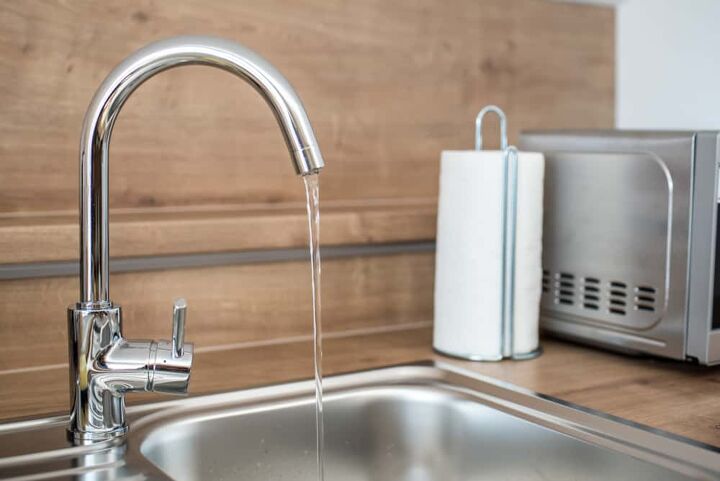

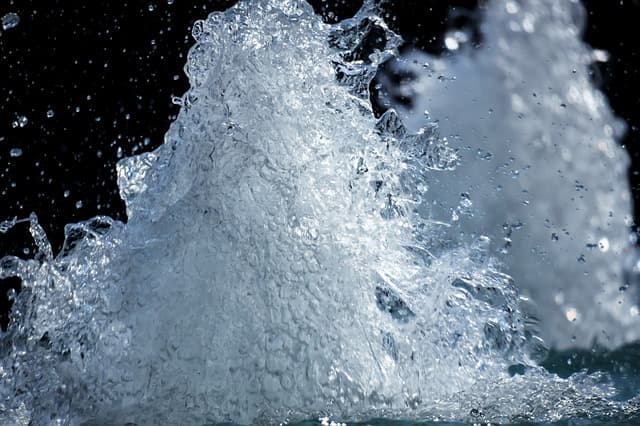


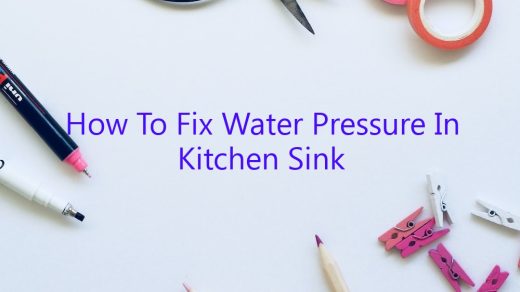

_.jpg)






